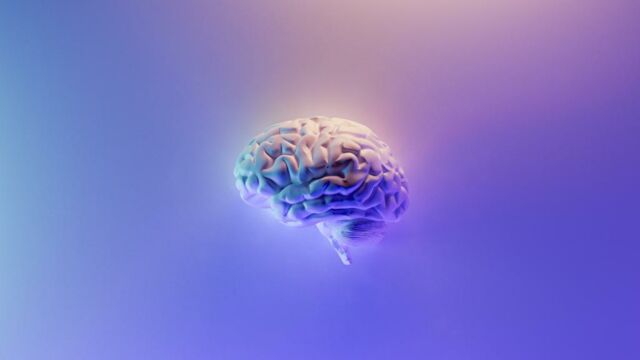A new study published by the Frontiers in Aging Neuroscienceby Technologynetworks, who report on neuroscience news and research, noted the rhythmic brain wave patterns of a dying person anddiscovered interesting brain activity 10 minutes before and after death.
Discover our latest podcast
What they found will blow your mind!
CT Scan

Brain oscillations, also known as brain waves, are patterns of rhythmic activity that can be found in living human brains. These waves, which are visible on CT scans, are comparable to those seen during dreaming, memory recall, and meditation during the study.
By tracking a patient's seizure who deceased minutes after a heart attack, the study's researchers provided insight into what happens when someone dies.
Dr Ajmal Zemmar, a neurosurgeon at the University of Louisville, US, who organized the study said:
We measured 900 seconds of brain activity around the time of death and set a specific focus to investigate what happened in the 30 seconds before and after the heart stopped beating.
They report that the brain may stay active and coordinated during and even after death, and it is designed to choreograph the entire experience.
Dr Ajmal Zemmar adds:
Just before and after the heart stopped working, we saw changes in a specific band of neural oscillations, so-called gamma oscillations, but also in others such as delta, theta, alpha, and beta oscillations.
These findings support the theory that when people approach death, their lives may flash before their eyes.
Read more:
⋙ A neurologist explains what actually happens during our ‘final moments’
⋙ COVID: 7 ways the virus affects your brain
⋙ Sleeping less than six hours has this effect on your brain
Near-death experiences
A near-death experience (NDE) occurs when a person seems to be clinically 'dead' for a brief amount of time, yet they report a continuation of consciousness. Dr Zemmar noted:
Through generating oscillations involved in memory retrieval, the brain may be playing a last recall of important life events just before we die, similar to the ones reported in near-death experiences.
These findings challenge our understanding of when exactly life ends and generate important subsequent questions, such as those related to the timing of organ donation.
Despite these brain activity, neuroscientists still believe that more research is needed, because they are diagnosing the brain which has memories and activities that differ from person to person.















